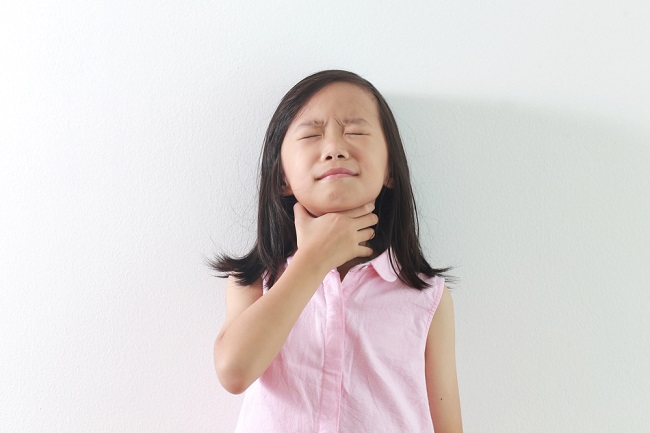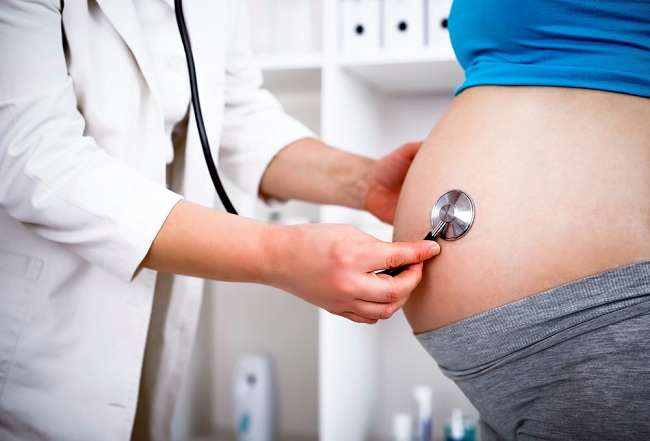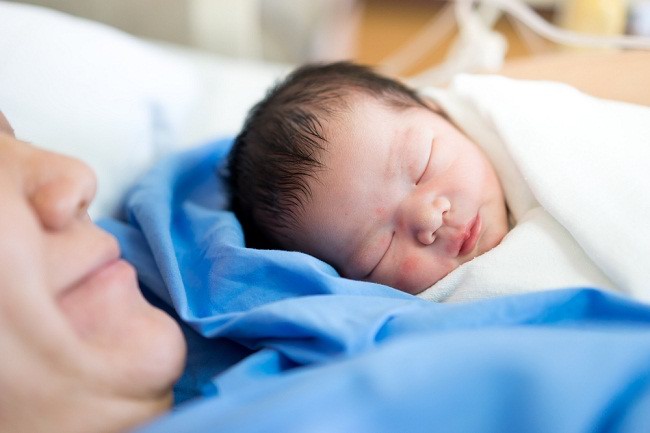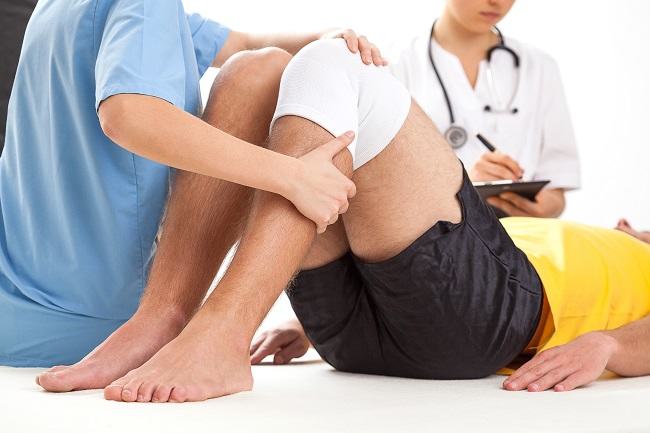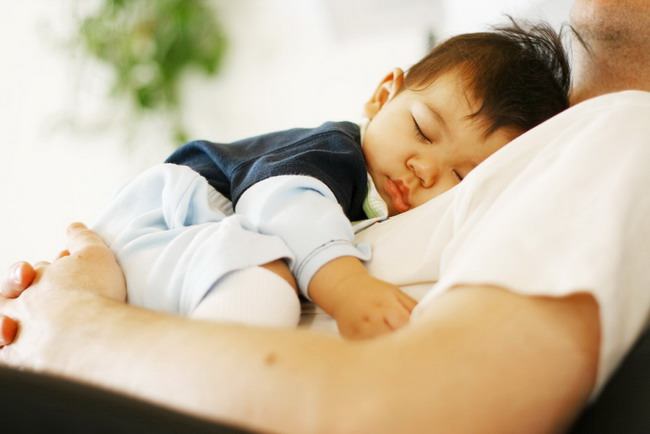Human bite wounds may not appear dangerous. However, in fact, these wounds are at high risk of causing infection because in the human mouth there are many bacteria and viruses. If you experience this condition, the following ways will help you deal with it.
Human bites can occur for various reasons. You can be bitten intentionally or unintentionally when fighting, playing with children, playing sports, or even having sex.

While it may seem unusual, human bites are the most common bite after dog and cat bites. In fact, about 1/3 of all cases of hand infection are caused by human bites.
Symptoms of Human Bites
When bitten by someone, you will generally feel pain at the site of the bite. If the bite causes a sore, the wound may also bleed and swell.
You may experience a wider variety of symptoms if the bite wound becomes infected. These symptoms include:
- Intense pain and swelling
- The wound oozes pus
- The wound feels warm to the touch
- Redness of the skin around the wound
- Fever, chills, or feeling unwell
Also, if the bite occurs on a finger and causes damage to a joint, tendon, or nerve, the finger may become numb, difficult to bend, or difficult to straighten.
Danger of Human Bite
In addition to the risk of infection in the bite wound, as well as damage to tendons, joints, and nerves, human bites can also be a way of transmitting disease from other people. The reason, human saliva is known to contain as many as 50 species of bacteria.
Diseases that can be transmitted by human bites vary, including diseases that affect the immune system, such as HIV, hepatitis B and C, and syphilis.
Therefore, if you experience a human bite that causes damage to the skin, it is highly recommended to see a doctor immediately within 24 hours.
First Aid for Human Bites
In superficial wounds or on the surface of the skin, there are several rescue measures that can be taken, including:
- Do not put the bitten area in your mouth as this can increase the risk of infection or make the infection worse.
- If the skin around the wound does not break, wash the wound thoroughly with mild soap and water. You can also wash it with an antiseptic .
- Apply antibiotic ointment to the wound area and cover the wound with a bandage.
- Watch for signs of nerve, joint, or tendon damage. If your finger cannot be straightened, cannot be bent, or is numb, see a doctor immediately.
While the wound is quite deep, some of the first aid measures that can be taken are:
- Press the wound with a clean, dry cloth if the skin around the wound is broken and bleeding.
- Do not clean a wound that is still bleeding.
- Cover the wound with a clean bandage and see a doctor immediately.
Examination and Treatment for Human Bite Wounds
To determine the appropriate treatment, the doctor will first conduct a series of examinations by asking how you got the bite, measuring the wound, noting its location, and checking for signs of infection and damage to nerves, joints, or tendons.
The doctor may also perform blood tests and X-rays of the bite area. If there are signs of infection, tissue culture is needed to determine the type of microorganism causing the infection.
The following are some of the methods of treatment that doctors can give to treat human bite wounds:
- Give a tetanus shot, especially if the bite is more than 1 cm deep
- Prescribe antibiotics if there are signs of infection
- Closing open wounds with stitches that are not absorbed by the body
In more severe cases, the doctor may perform debridement, which is removing all the dead tissue, then grafting skin to close the wound. In addition, surgery may also be performed if there is an infection or injury to the joints, tendons, or nerves.
Human bite wounds may appear harmless. However, knowing that this can be a way of transmitting the disease from other people, you should consult a doctor if you experience it, especially if the bite wound has caused symptoms of infection.
Written by:
dr. Sonny Seputra, M.Ked.Klin, Sp.B, FINACS
(Surgeon Specialist)
